Former Vice President Opens Up About the Controversial 2023 Decision
By Ochogwu Sunday | March 26, 2025
The 2023 presidential election might be over, but the political fallout from key decisions made during the campaign continues to shape Nigeria’s political landscape. One of the most debated decisions was Atiku Abubakar’s choice of running mate, a move that many believe led to the rift between him and Nyesom Wike, the former Governor of Rivers State.
Atiku, who secured the Peoples Democratic Party (PDP) presidential ticket, was widely expected to pick Wike as his vice-presidential candidate due to the latter’s political influence and financial backing. However, in a move that shocked many within the party, he instead chose former Delta State Governor, Ifeanyi Okowa.
For the first time, Atiku has provided a detailed explanation of his decision in a yet-to-be-aired episode of the television program “Untold Stories”, hosted by journalist Adesuwa Giwa-Osagie. The interview, set to be broadcast today, Wednesday, promises to shed light on what really happened behind the scenes.
The Real Reason Wike Wasn’t Picked

According to Atiku, his decision to not choose Wike was not personal, nor was it an attempt to undermine Wike’s political ambitions. Instead, he explained that his choice was guided by a party-driven process.
“In 2019, when I picked Peter Obi as my running mate, many within the party criticized me for not consulting widely enough. They said I made the decision on my own without involving party stakeholders.”
Determined to avoid a repeat of those criticisms, Atiku allowed the PDP to take the lead in selecting his running mate for the 2023 election. He delegated the responsibility to a party selection committee, which was tasked with recommending three candidates.
The three names submitted by the committee were:
-
Ifeanyi Okowa (First Choice)
-
Nyesom Wike (Second Choice)
-
Udom Emmanuel (Third Choice)
Atiku then explained that he simply followed the committee’s ranking.
“So I picked number one,” he said matter-of-factly, emphasizing that he did not bypass Wike but rather honored the party’s recommendation.
His decision, however, infuriated Wike and his supporters, setting the stage for a major internal crisis within the PDP that would later cost them the election.
Wike’s Reaction and the Aftermath
Wike, who had invested heavily in the PDP’s 2023 campaign, felt betrayed by the decision. The former Rivers State governor had been a vocal critic of the All Progressives Congress (APC) and was seen as a strong political force capable of mobilizing votes in the South-South region.
After being overlooked, Wike and his loyalists in the G-5 Governors Group (a faction of five PDP governors) refused to support Atiku’s campaign. Instead, Wike was accused of working against his own party’s presidential candidate, indirectly aiding the victory of Bola Tinubu of the APC.
Following the election, Wike took things a step further by joining Tinubu’s government as the Minister of the Federal Capital Territory (FCT), a move widely interpreted as his final break from the PDP leadership.
Despite the fallout, Atiku insists he has no regrets about his decision.
“No, not at all,” he responded when asked whether he wished he had chosen Wike instead.
Lessons from 2019: The Peter Obi Factor
Atiku’s experience in 2019, when he ran with Peter Obi as his vice-presidential candidate, played a significant role in how he approached the 2023 elections.
“In 2019, the party accused me of not consulting widely enough before picking my running mate. So in 2023, I decided to follow a more democratic approach by allowing the party to decide.”
However, even though he followed the party’s process, his choice of Okowa over Wike still divided the party. This division proved costly, as the PDP failed to mount a united front against the APC and the Labour Party, leading to another election loss for Atiku.
The Future: Can Atiku and Wike Ever Reconcile?
As Nigeria’s political landscape evolves, many wonder whether Atiku and Wike will ever mend fences. Both men remain major power players in their respective camps:
-
Atiku remains a leading figure in the opposition, recently forming a coalition of opposition leaders to challenge Tinubu’s administration.
-
Wike, despite being an APC minister, has not officially left the PDP, leaving room for speculation about his future political moves.
With the 2027 presidential election on the horizon, there is growing speculation about whether Atiku will run again or throw his support behind another candidate—perhaps Peter Obi or another opposition figure.
For now, the wounds of 2023 remain fresh, and it is unclear whether these political heavyweights will ever find common ground again.
One thing is certain: Nigerian politics is unpredictable, and alliances can change in an instant.
Read also: Atiku Abubakar Uncertain About 2027 Presidential Run
Key Takeaways
✔️ Atiku Abubakar’s choice of Ifeanyi Okowa over Nyesom Wike was based on a PDP committee recommendation.
✔️ The decision angered Wike, leading to his fallout with Atiku and his eventual alignment with the APC.
✔️ Atiku insists he has no regrets about the decision, even though it contributed to the PDP’s election loss.
✔️ The 2019 selection of Peter Obi influenced how Atiku approached the 2023 running mate decision.
✔️ With 2027 approaching, political dynamics between Atiku, Wike, and other key players remain uncertain.






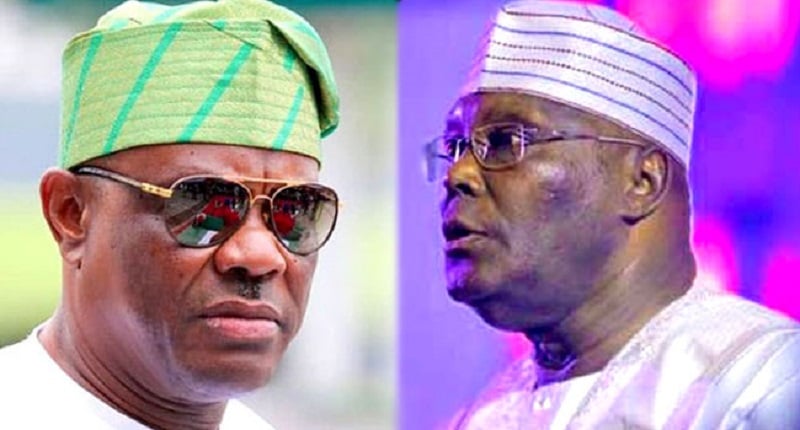
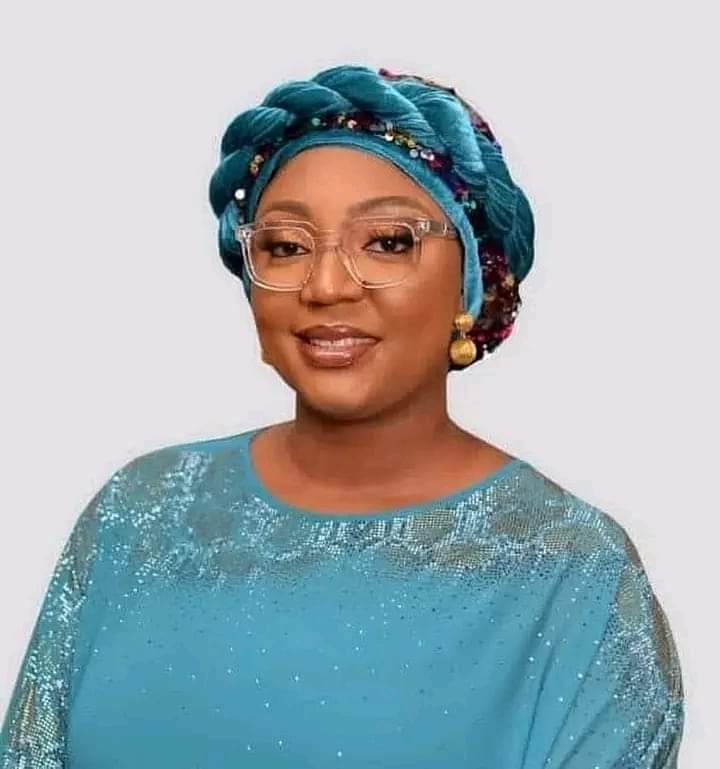





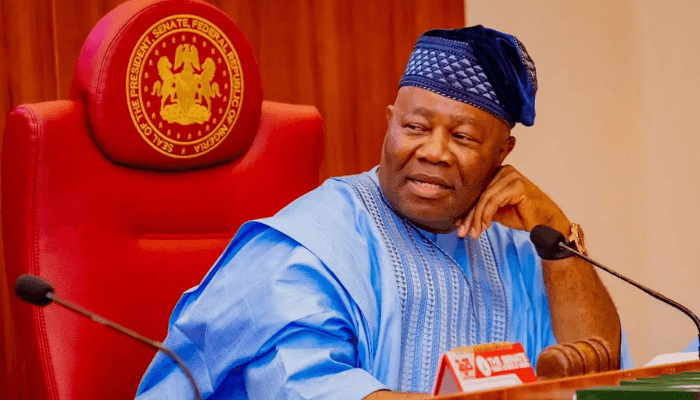
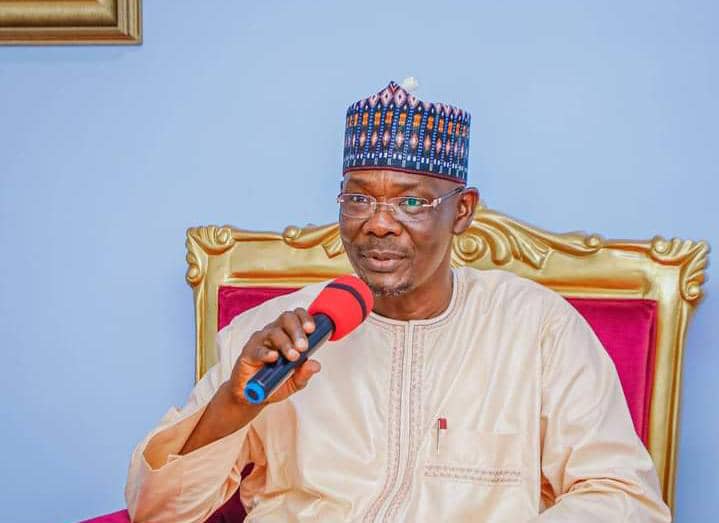
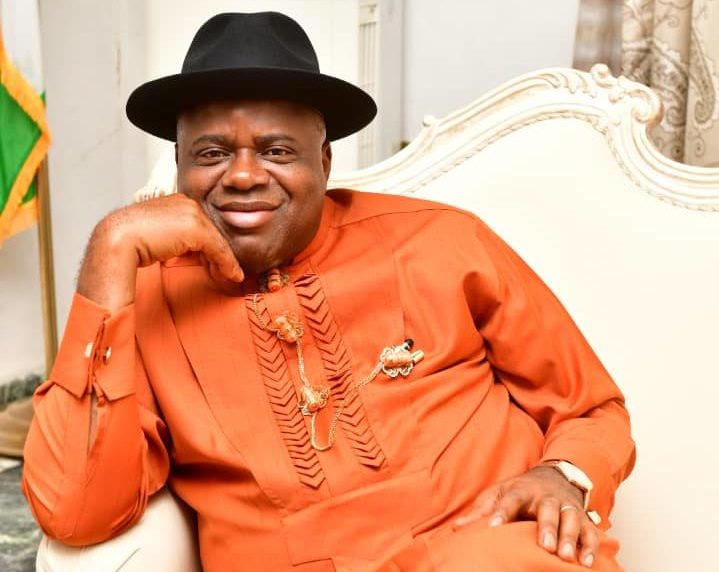
Got a Questions?
Find us on Socials or Contact us and we’ll get back to you as soon as possible.